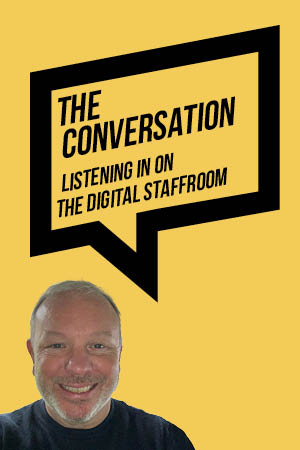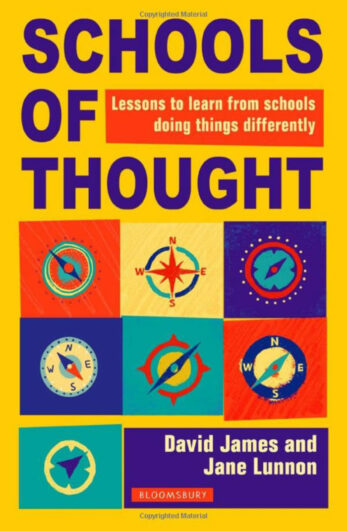My target is not examinations as such. I am not rooting for the abolition of graded music exams…but for the phasing out an institution that has come to dominate the lives of countless millions of school students.
Those words are the author’s introductory gambit to this 77-page monograph on why school examinations for older secondary students should go, so ending the distress, psychological scarring and physical and mental exhaustion of students, teachers and parents.
Pulling no punches, the emeritus professor of philosophy of education at the Institute of Education and author of numerous books on education and school curricula, rattles through a history of examinations (here you’ll find those “ladders” and “snakes” referred to in the book’s title), and then moves on to the problems with them, the inadequate reasons given for their continuation and, finally, a solution to this “madness” – student profiling.
White is not advocating a return to the 1990s use of the National Record of Achievement – (phased out in 2009, he tells us, but irritatingly doesn’t really explain why, hinting at political meddling and protectionism) – where a simple summative record of a student’s progress was definitely “not a substitute for school examinations” but rather, he suggests, replacing examinations with a system for recording comments from teachers, assistants – and the children themselves – on every aspect of their school life. The profile then becomes the responsibility of the entire school, rather than a lone teacher, with the whole thing being reviewed periodically by teachers, parents and “profiling specialists”.
And there lies the nub of the problem – these mysterious profiling specialists.
A solution that ends the “scarring” of students must surely be a good thing (note, however, that White doesn’t advocate the abolition of schools themselves, whose attendance also results in the psychological damage of some students). But profiling, as described, would seem to surely end in an equally distressing system of assessment driven by results: profiles dominated by the need for search engine optimisation, where what’s written follows the student around in the datasphere deciding jobs, futures and potential happiness – with any final profile being rubber stamped by these “profile specialists”. Sounds like examiners by any other name to me. So what’s better, profiles or grades?
A quick spin around the international scene of examinations provides us with a vision of one future where grades and school examinations are taken to the extreme. “Examination hell” in Japan, China and India are described, along with the resulting lack of sleep and “human purgatory” (one Chinese student’s own words). PISA, the Programme for International Student Assessment, and its use of cross-country comparison by politicians also comes in for a beating (“If we followed Gove’s logic…”): White doesn’t criticise PISA per se, he leaves that to someone else and footnotes a weblink to a Guardian newspaper Comment is Free article.
So, where do we go from here? Is anything needed? Questions posed by the author, which make for thought-provoking reading, are answered with debate, suggestions for solutions and a vision for a future with a fuller social mobility. Yes, there is some mention of politics and politicians’ ways within the text (well it would be hard not to talk about examinations without it, wouldn’t it?) but it’s subtle and not overpowering. It would be difficult for any reader to disagree with White’s view that any new approach will have to be “piecemeal” as:
“Fear of upsetting all those who have a stake in the examination system – parents, teachers, exam boards, universities, employers – makes it very difficult for any vote-conscious political organisation to rock the boat”.
Possibly not much is going to change this side of a general election. But that shouldn’t put you off reading this book. Because if you’re prepared to invest in a couple of hours of dense reading then the result will be thoughts – many of them – and questions such as who needs examinations?







Your thoughts